There are a lot of free finance apps in the app store and even more reviews of them online. A lot of times, when I download one of these free apps, I find that the features I downloaded it for actually cost money. Then I’m left to wonder if it’s a feature I should be paying for to optimize my money or would that money be better spent somewhere else.
With new personal finance apps and digital services popping up every year, it’s hard to know what the best finance apps currently are and if you’re getting the best value from the one you’re paying for.
If you’re unsure what the best finance app is for your needs, rely on your financial situation and your budget to tell you the services you need and eliminate the ones you don’t.
Best Free Finance Apps
Even if your budget is $0, you can find plenty of great finance apps for free on iOS and Android. Free finance apps are best for people looking for simple budgeting and transaction tracking. If you’re just beginning to get your finances together the following apps are your best choices.
Empower
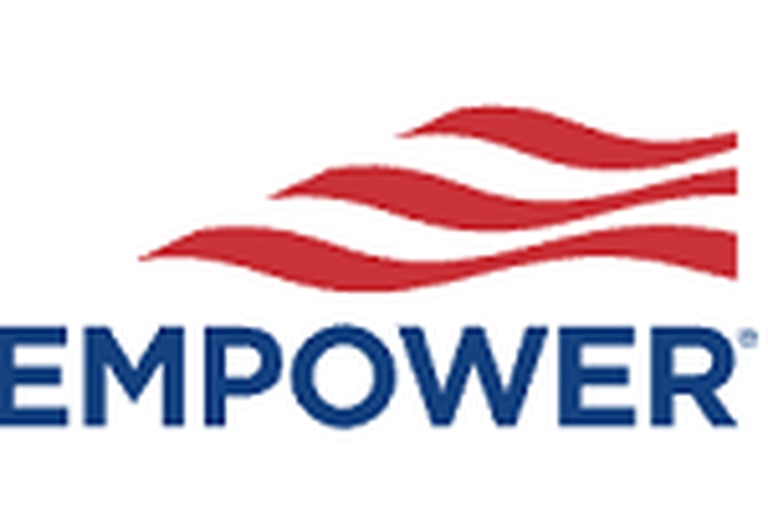
(Personal Capital is now Empower)
Empower is a finance tool that shows you a complete portrait of your financial health and is the best free app for your investments.
Empower reviews your accounts and makes suggestions on how you can improve your financial strategy based on your income, cash-on-hand, and investments. You can use the retirement calculator to set investment goals and it will tell you if you’re on track, and if not, offer recommendations to reclaim your progress.
The free version of the app has an impressive suite of features. Once your invested assets reach $100,000 you will gain access to Empower’s advisory team which can manage your portfolio for a fee of .89% (of total investments under management). You can find more comprehensive management for less on other apps but Empower is still an amazing free finance app to keep on your device.
Open an account with Empower or read our full Empower review.
Mint
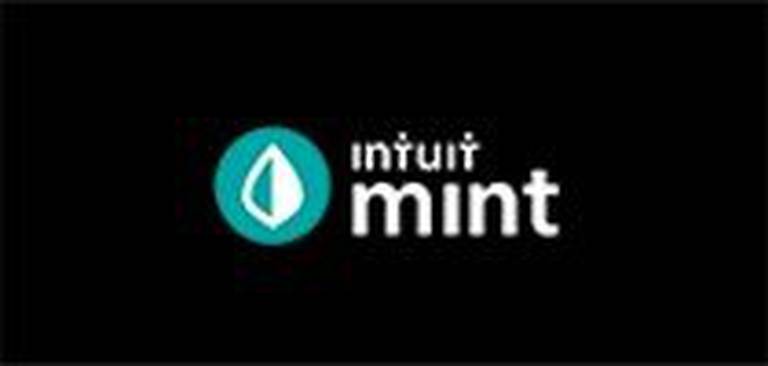
Mint is one of the most popular personal finance tools for good reason. It allows you to see your financial “big picture” and create a detailed budget based on it.
You can connect all of your accounts to Mint and it will automatically deduct transactions from your budget. It’s not always correct, but after spending a few months of correcting its categorization it’s pretty hands-off.
There’s no shortage of budgeting features that make Mint a top pick for free finance apps. You can see your credit score, create multiple saving goals, and track spending trends in budget categories that you want to pay closer attention to, all for free.
EveryDollar
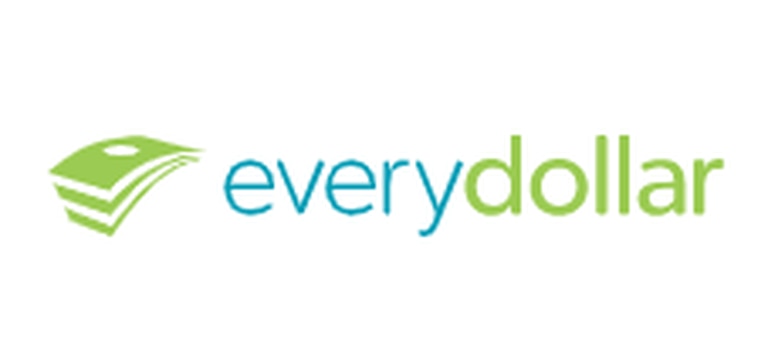
EveryDollar is a free zero-based budgeting app from the team at Dave Ramsey. The app has an easy-to-use interface and does all the math for you, helping you to optimize every dollar of your income. The free version doesn’t sync to your accounts like Mint but that’s what makes EveryDollar the best app for tracking your transactions.
When you’re trying to pay off debt or save up an emergency fund, your spending makes a big impact on how fast you accomplish your goals. Manual transaction tracking can help you cut down on your spending significantly.
Budgets are also fluid in EveryDollar. If you overspend in one category you can take from another to compensate. EveryDollar allows you to do this easily and quickly. If you do want EveryDollar to automatically sync your transactions you can subscribe to EveryDollar Plus for $99 a year ($8.25 per month).
Related: YNAB vs EveryDollar
Best Finance Apps for a Small Budget
If you have a small budget of just $5-$15 per month, you have access to ad-free apps with more features and resources. In this price range, you can expect to find mostly budgeting and micro-investing apps.
Acorns
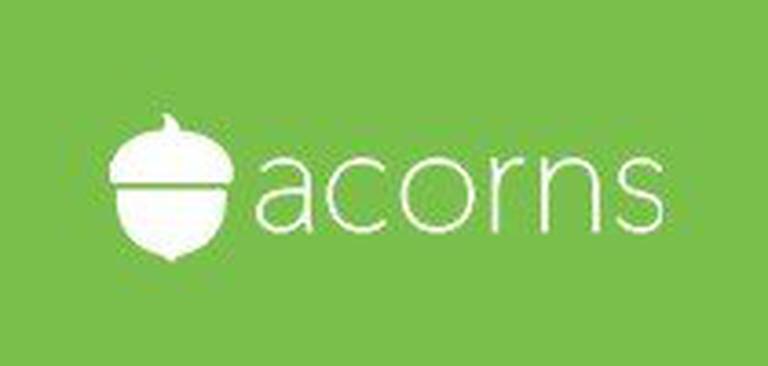
Acorns is a micro-investing app that rounds up your purchases and invests the spare change into a diversified portfolio of ETFs. It’s no replacement for investing in your 401(k), but it’s great for people who want to save a little extra for a vacation or big purchase.
Acorns Personal costs $3 per month to use. If you’re keeping a low balance, this could come become costlier than investing on your own through a brokerage. Once your account reaches $400 the $3 monthly fee adds up which is comparable to other robo-investing apps and your fee continues to be $3 no matter how much you have invested with Acorns.
Visit Acorns or read the full Acorns Review
Digit
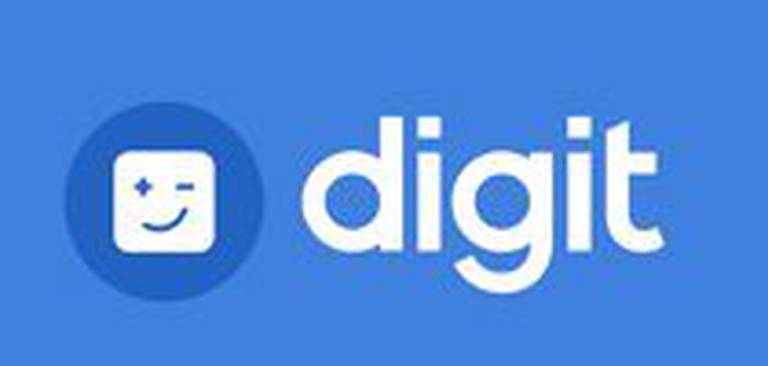
Digit is based on a similar principle to Acorns - automatically siphoning amounts you won’t notice into savings. But rather than simply rounding up, Digit uses intelligent algorithms to calculate how much you can afford to save by analyzing your spending.
Although it costs $5 a month to use, they say the average user saves $10-$30 two to three times a week. Amounts like that can really help meet short-term savings goals, especially for people who struggle to save on their own.
Visit Digit or read the full Digit Review
You Need a Budget (YNAB)
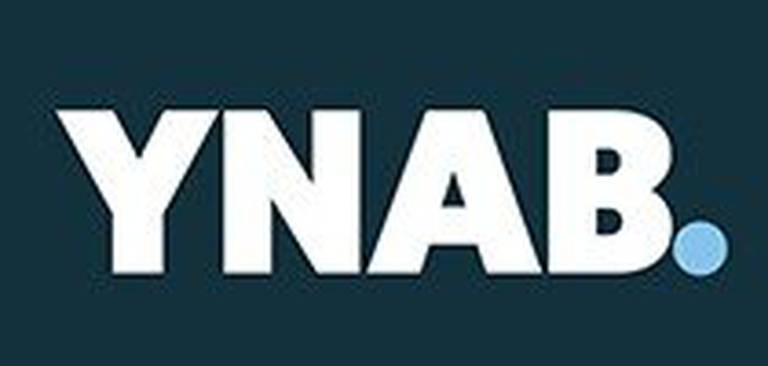
You Need a Budget, YNAB, is a budgeting app built around four rules: every dollar should have a job, embrace your true expenses (including those surprise annual expenses,) change up your budget when you need to, and be several weeks ahead of your paychecks.
The app's guiding principles and well-designed software have built a fiercely loyal YNAB following. If you're looking for comprehensive budgeting software that teaches you how to budget, YNAB is the clear winner.
YNAB costs $11.99 per month or $83.99 per year ($7 per month.) It offers a 34-day free trial and referral program that gives you a free month of service for every friend who signs up for a subscription.
Read More: YNAB Review
Best Finance Apps for a Medium Budget
People who have a budget of $20-$50 a month to spend on a financial app will benefit most by checking out what robo advisors have to offer. A robo advisor is automated investment management driven by mathematical rules and algorithms with human oversight. Minimal human intervention makes robo-advisement a more affordable alternative to one-on-one financial planning.
Betterment
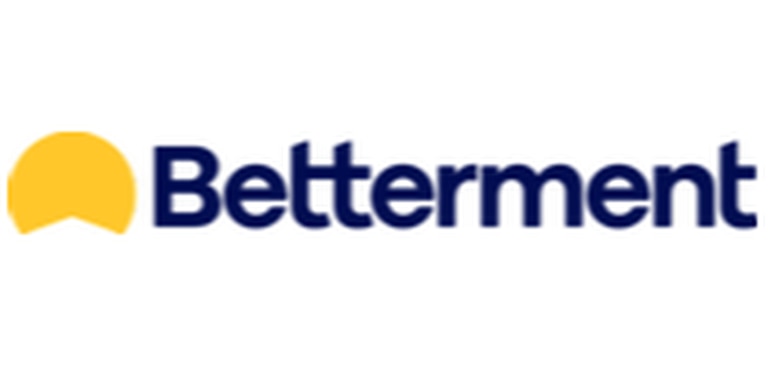
Betterment is one of the oldest and most well-regarded robo advisors available. It offers digital portfolio management for a fee of .25% of assets under management with no minimum deposit or account balance. So for an account with $100,000, investing with Betterment would cost $250 a year or $21 per month.
Betterment is well-suited for beginning investors and those with bigger and more complex financial profiles. One way Betterment serves higher net-worth clients is with charitable giving assistance. Clients who optimize tax deductions through charitable giving can donate shares directly through Betterment and avoid capital gains tax.
Clients who have at least $100,000 invested and want access to a human planner can sign up for Betterment Premium. Premium gives you access to a team of financial advisors available by phone or email and costs 0.4% of assets under management, which makes it a minimum of $400 per year or $34 per month.
Open an account with Betterment or read our full Betterment review.
Wealthfront
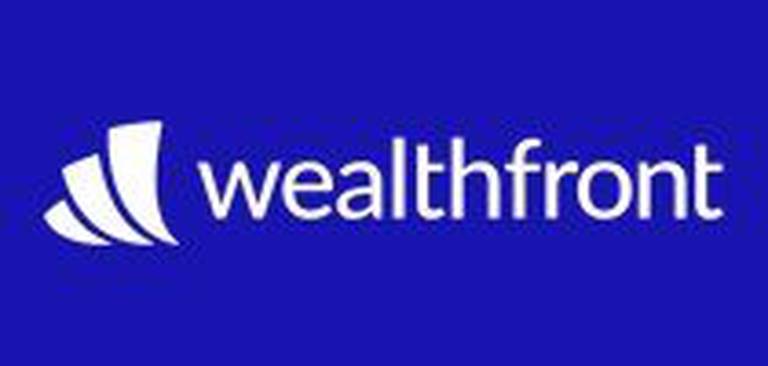
Wealthfront is another well-established robo advisor also offering digital portfolio management for .25% of assets under management.
There is a $500 minimum to invest with Wealthfront but DoughRoller readers can get their first $5,000 managed for free.
There are some unique benefits Wealthfront offers to higher-balanced accounts. While both Betterment and Wealthfront offer tax-loss harvesting, Wealthfront offers it on a stock-level for accounts with $100,000 or more. The company claims it can increase returns up to 2% annually.
Visit Wealthfront or read the full Wealthfront Review
Best Option for a Large Budget
If you have investments across different assets and platforms or your finances are complex in any way, it’s worth the cost to have a dedicated financial advisor on your team.
The Best Finance App is Different For Every Budget
Over the years your financial situation will change and you’ll have to spend more money to optimize it. Thanks to the best finance apps, you can get exactly what’s right for you every step of the way without paying for things you don’t need.
DoughRoller receives cash compensation from Wealthfront Advisers LLC (“Wealthfront Advisers”) for each new client that applies for a Wealthfront Automated Investing Account through our links. This creates an incentive that results in a material conflict of interest. DoughRoller is not a Wealthfront Advisers client, and this is a paid endorsement. More information is available via our links to Wealthfront Advisers.
Empower Personal Wealth, LLC (“EPW”) compensates Webpals Systems S. C LTD for new leads. Webpals Systems S. C LTD is not an investment client of Personal Capital Advisors Corporation or Empower Advisory Group, LLC









